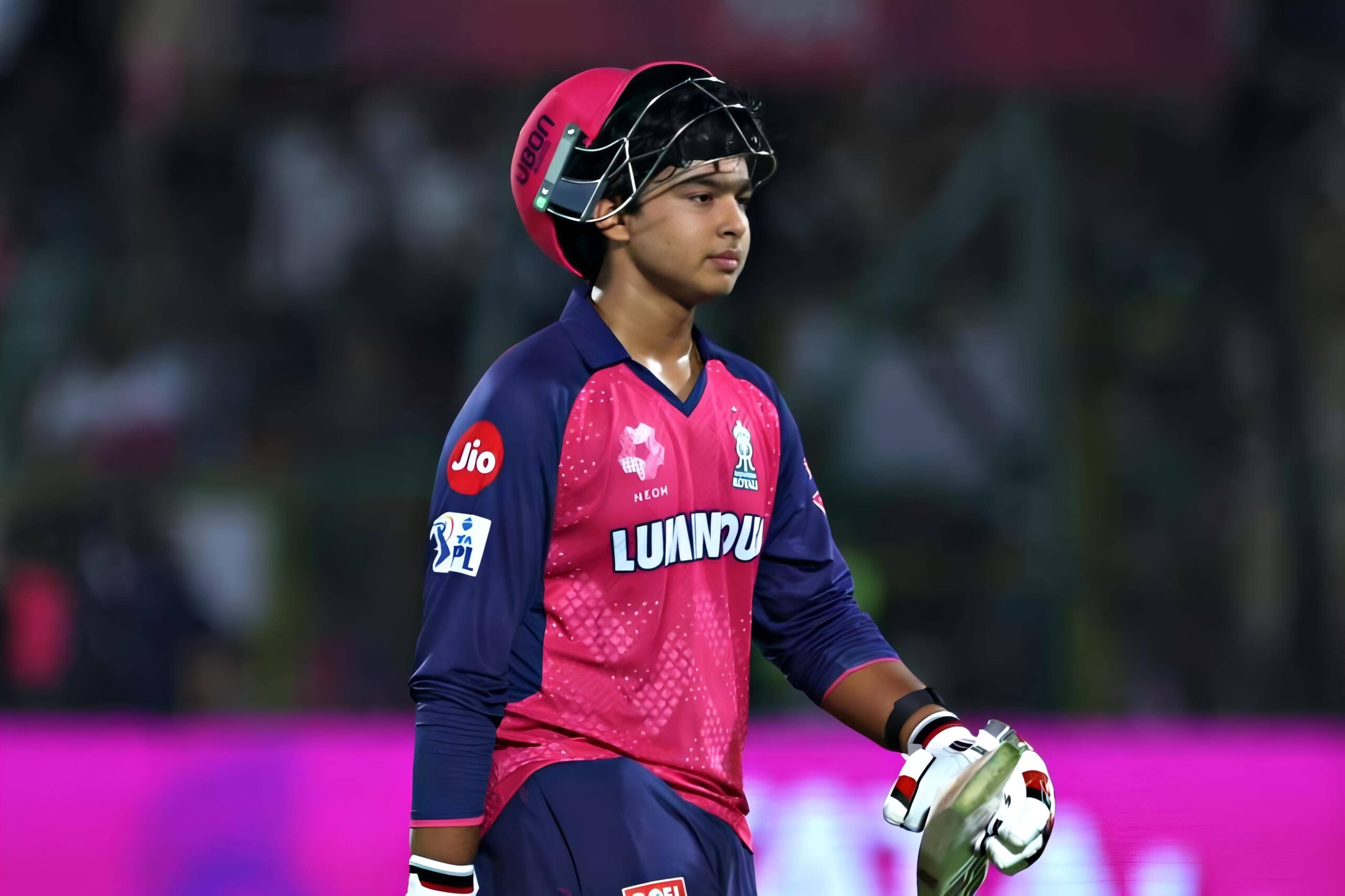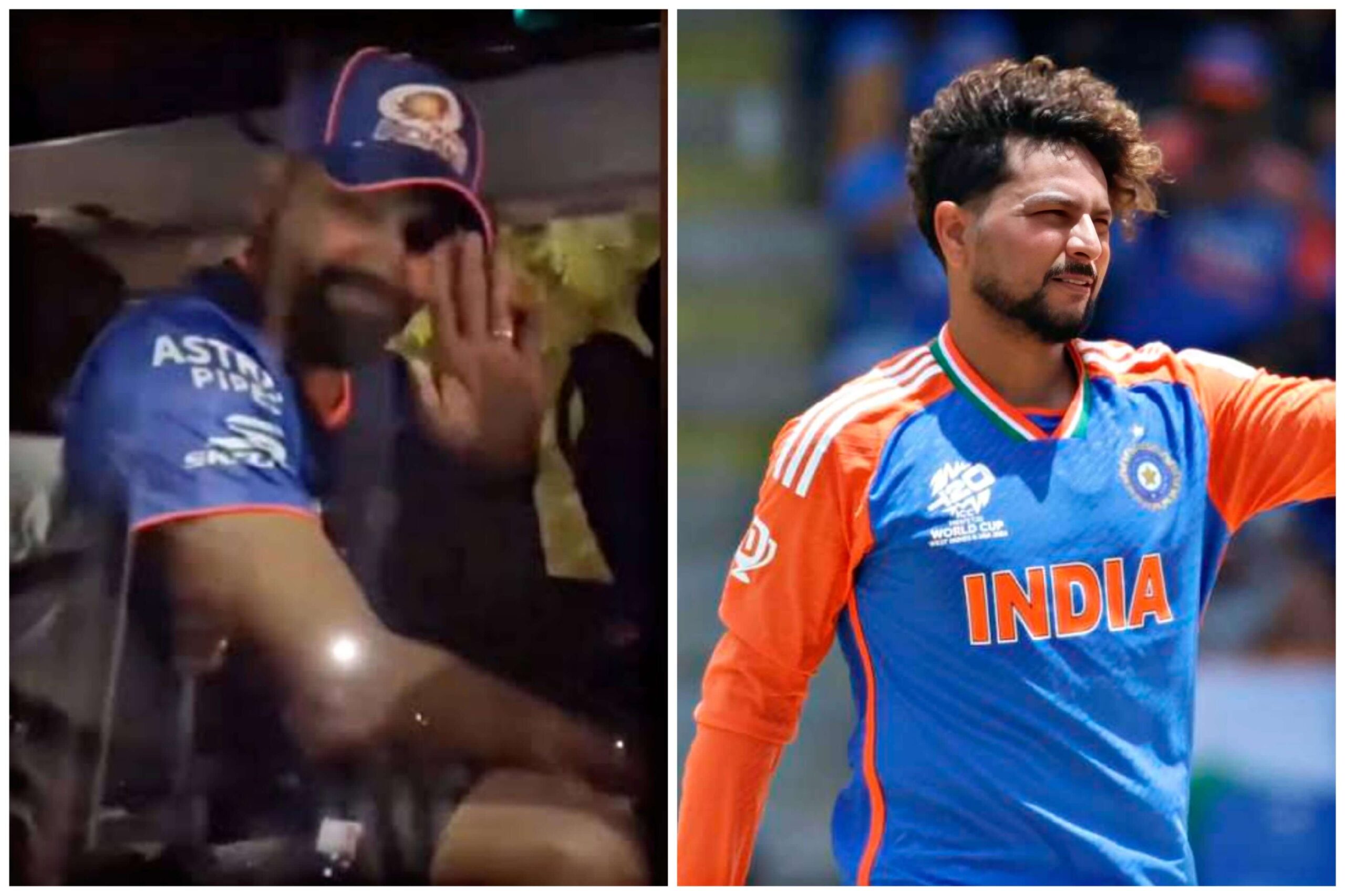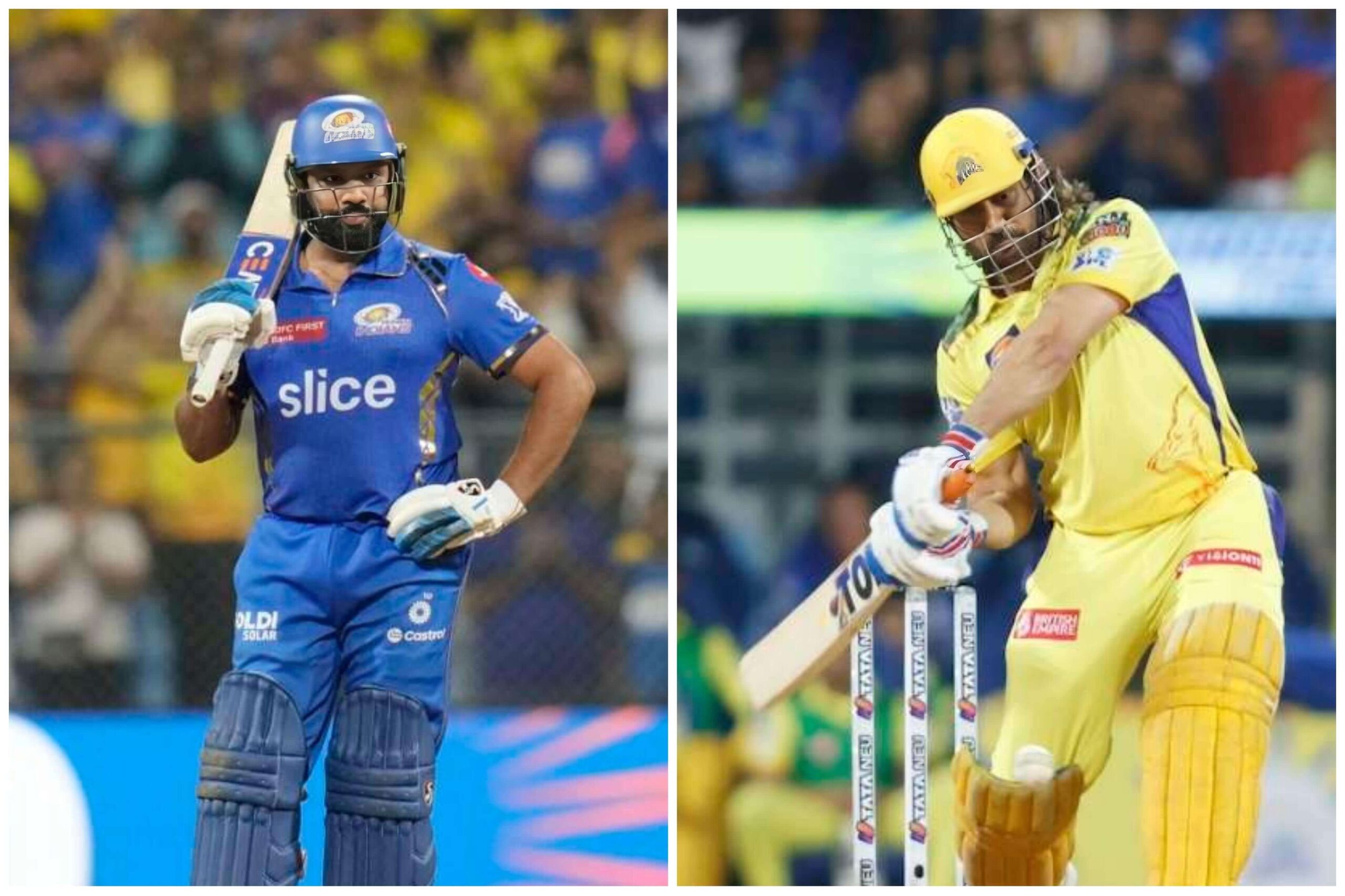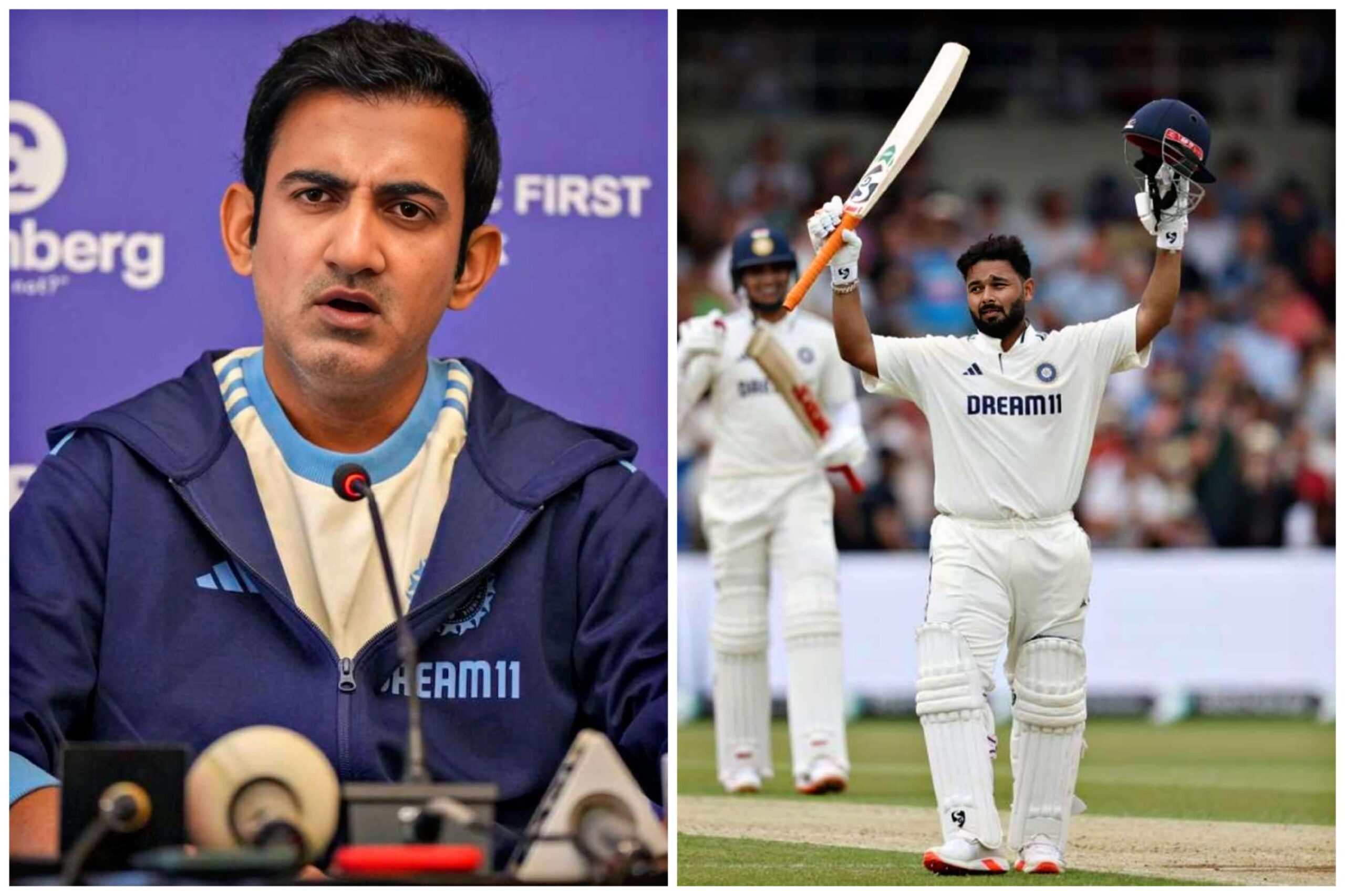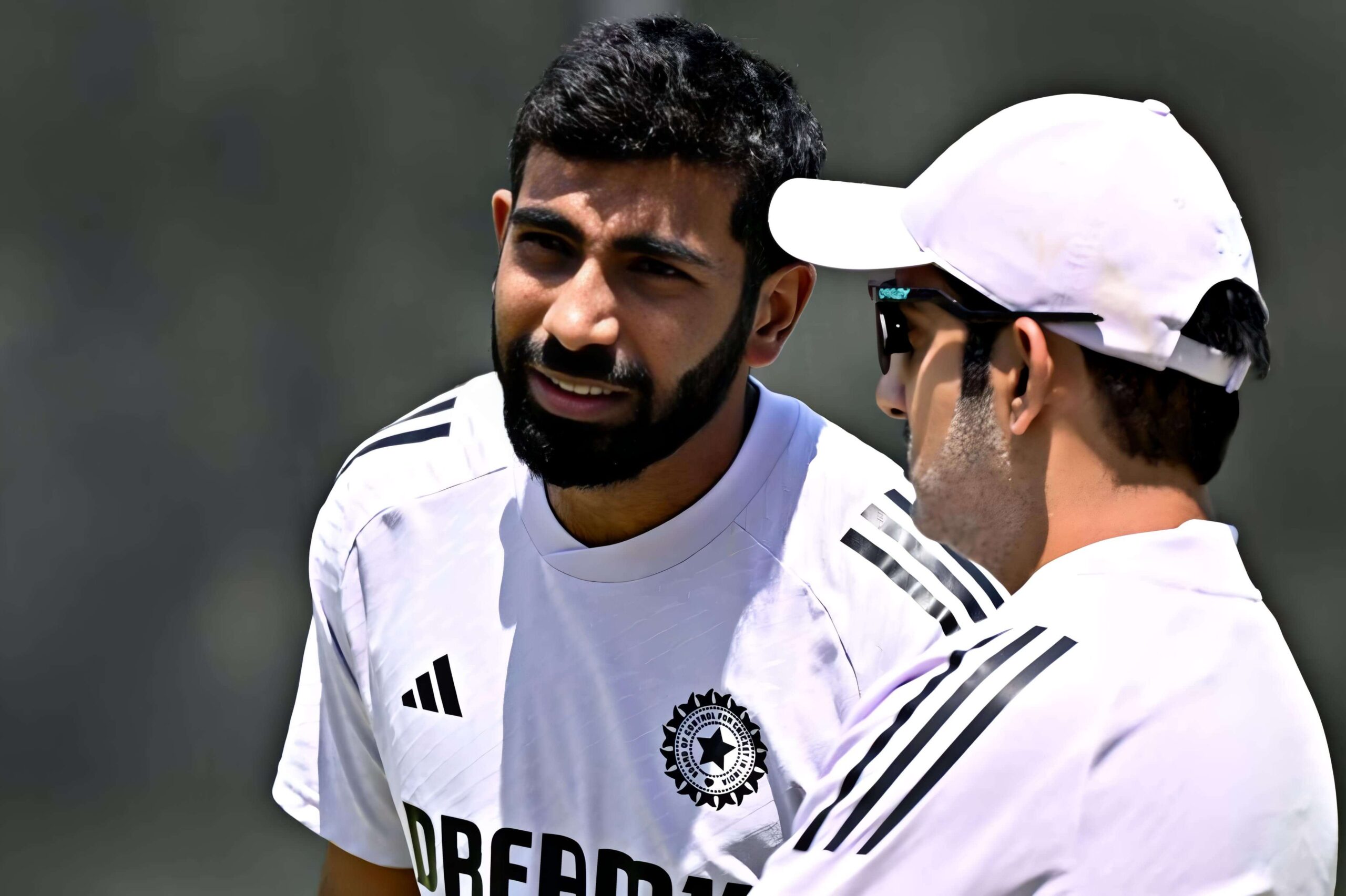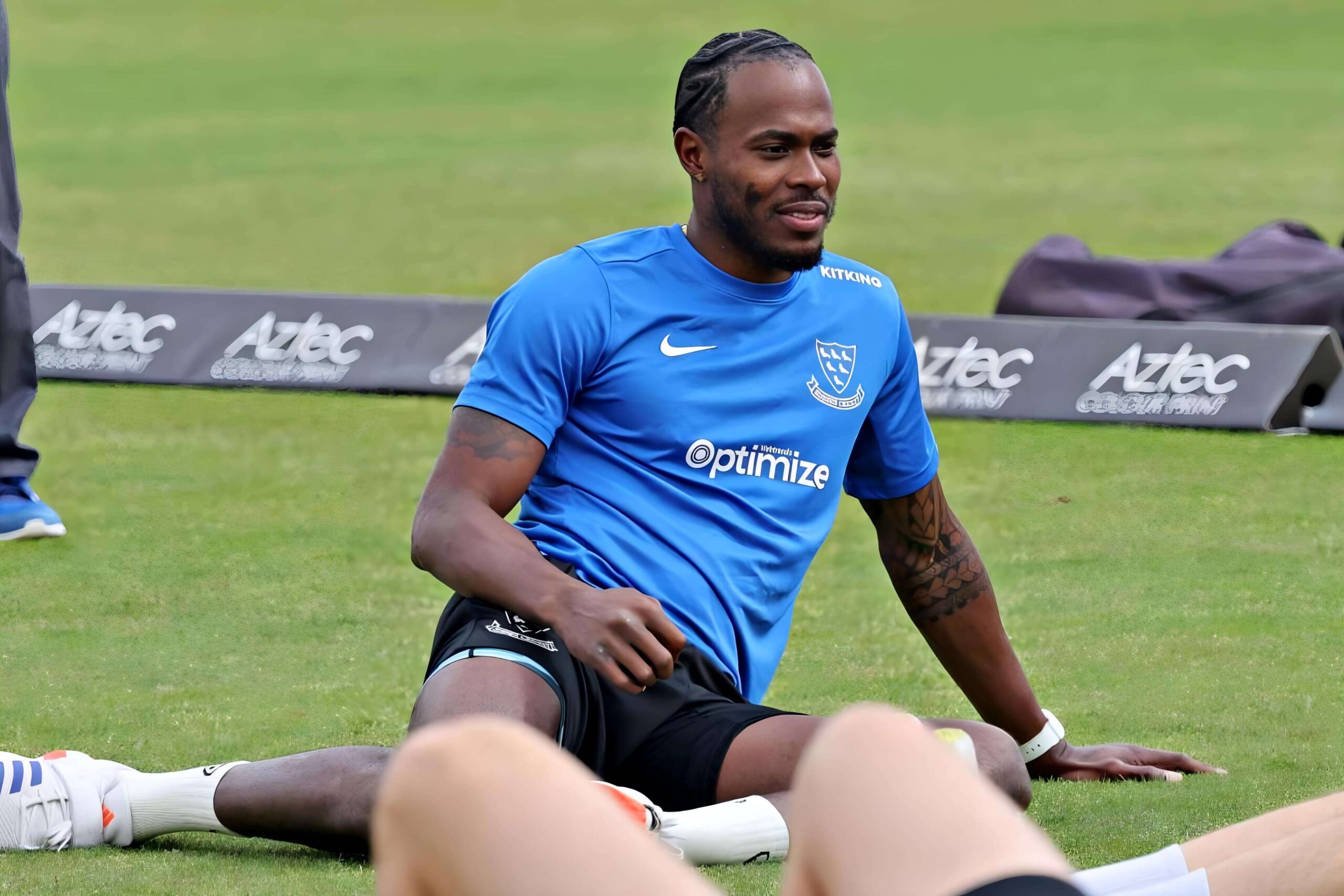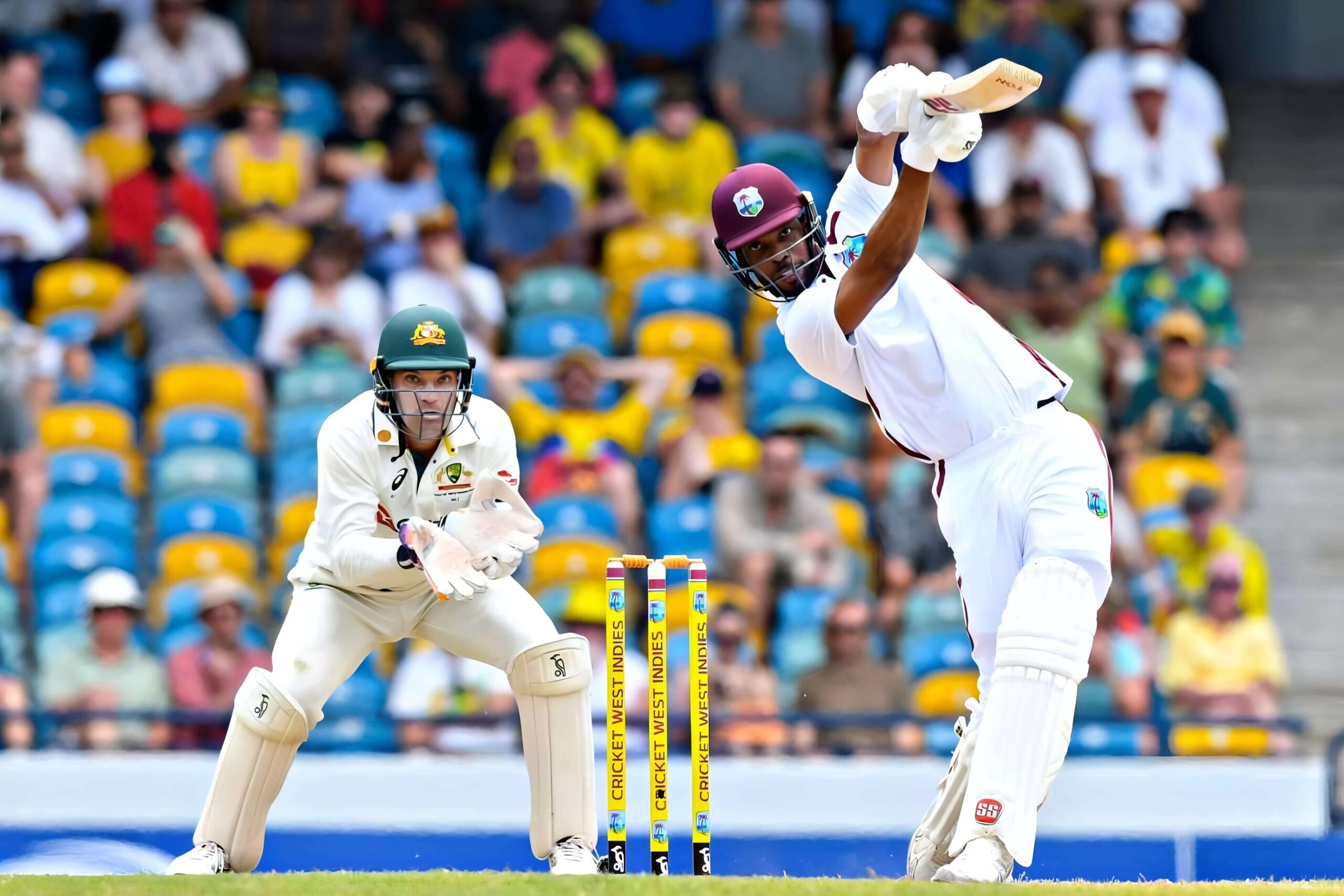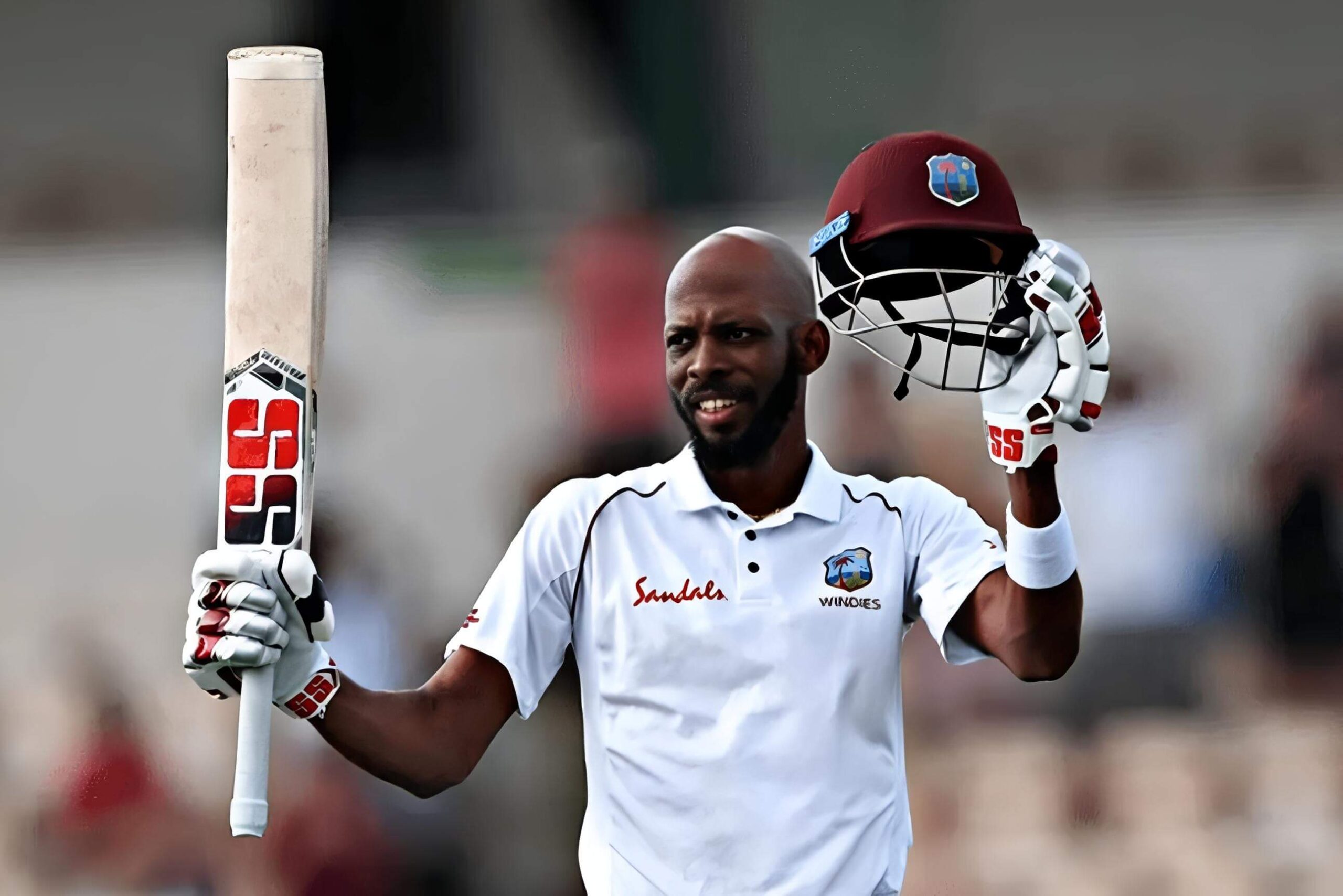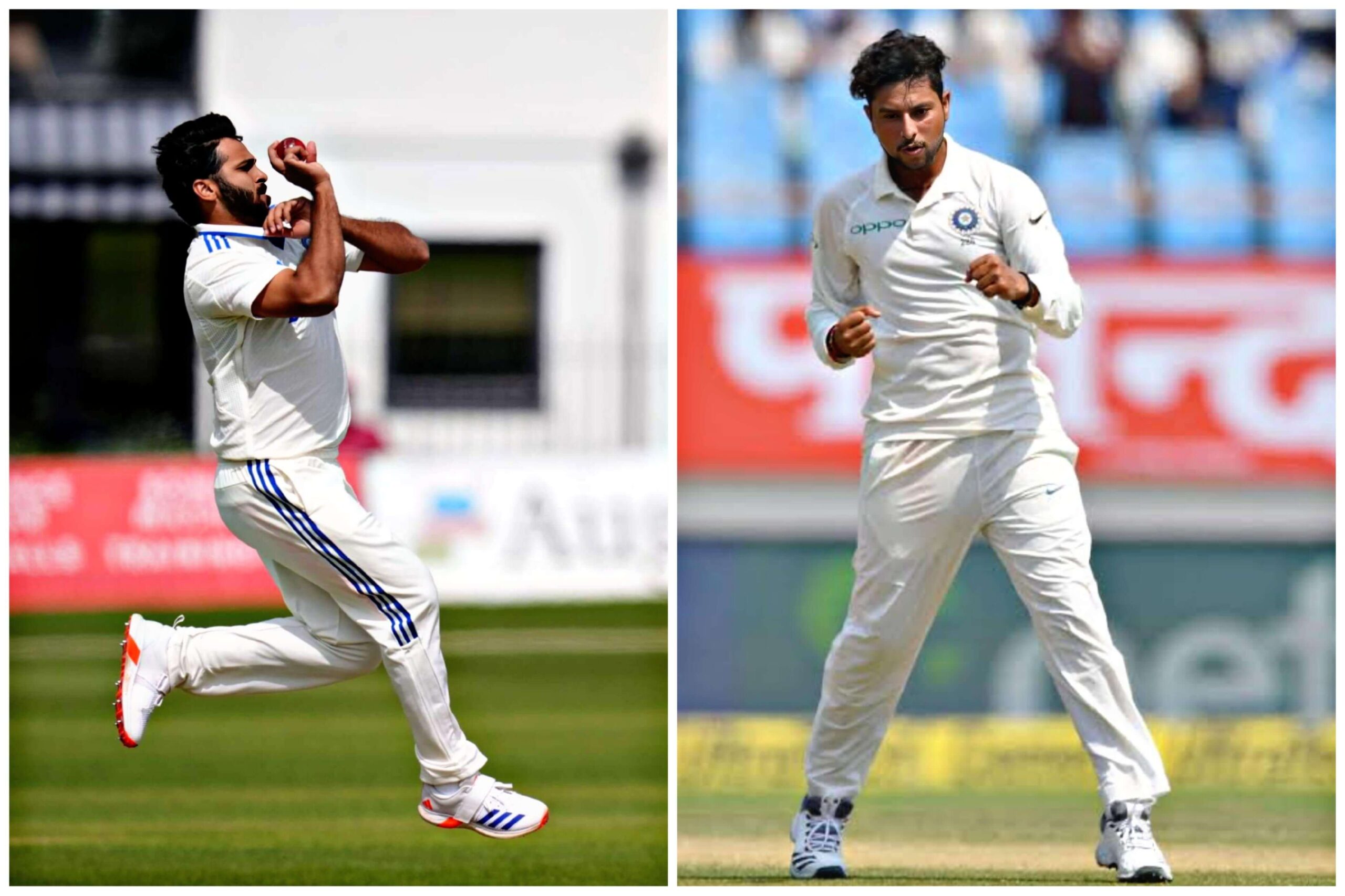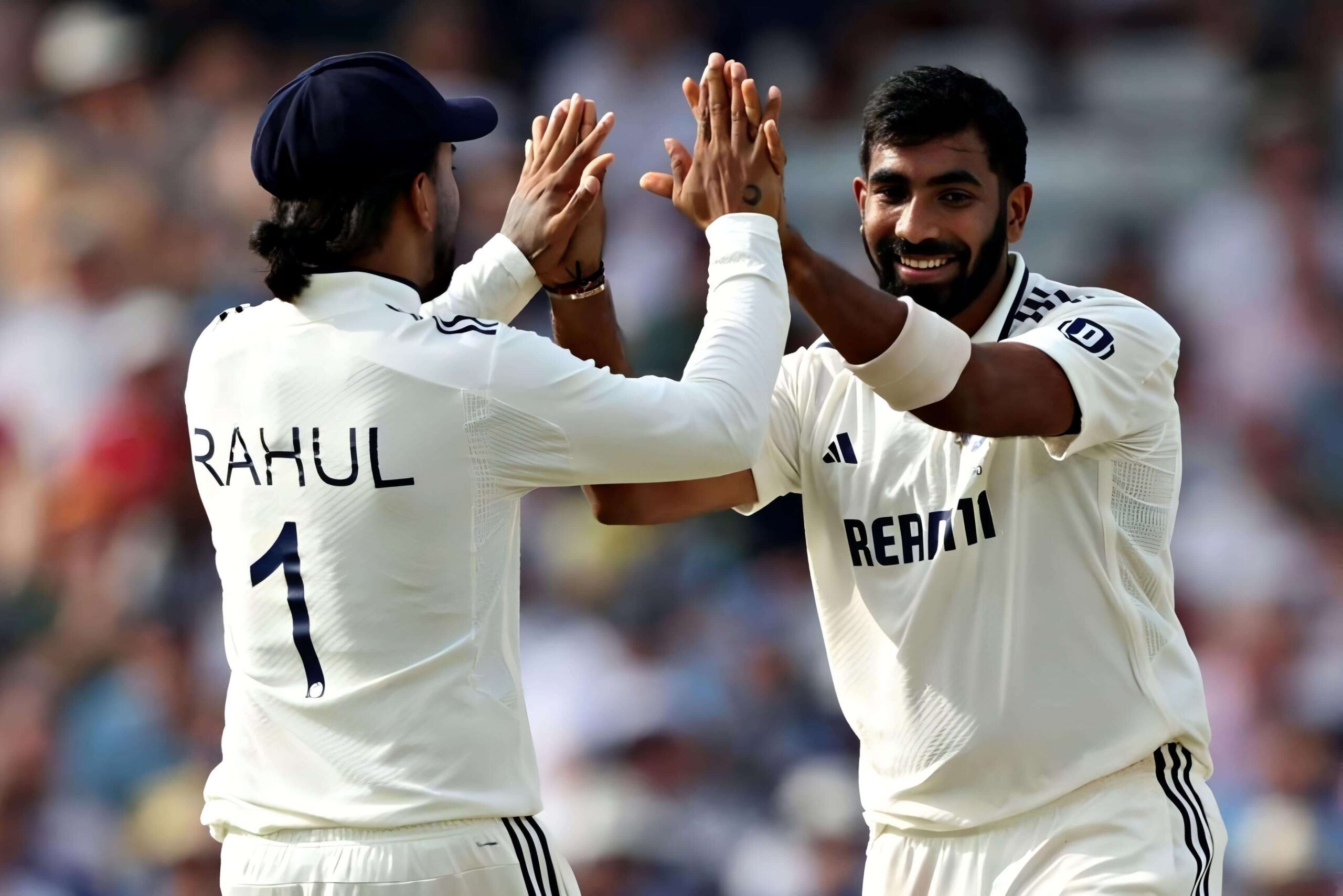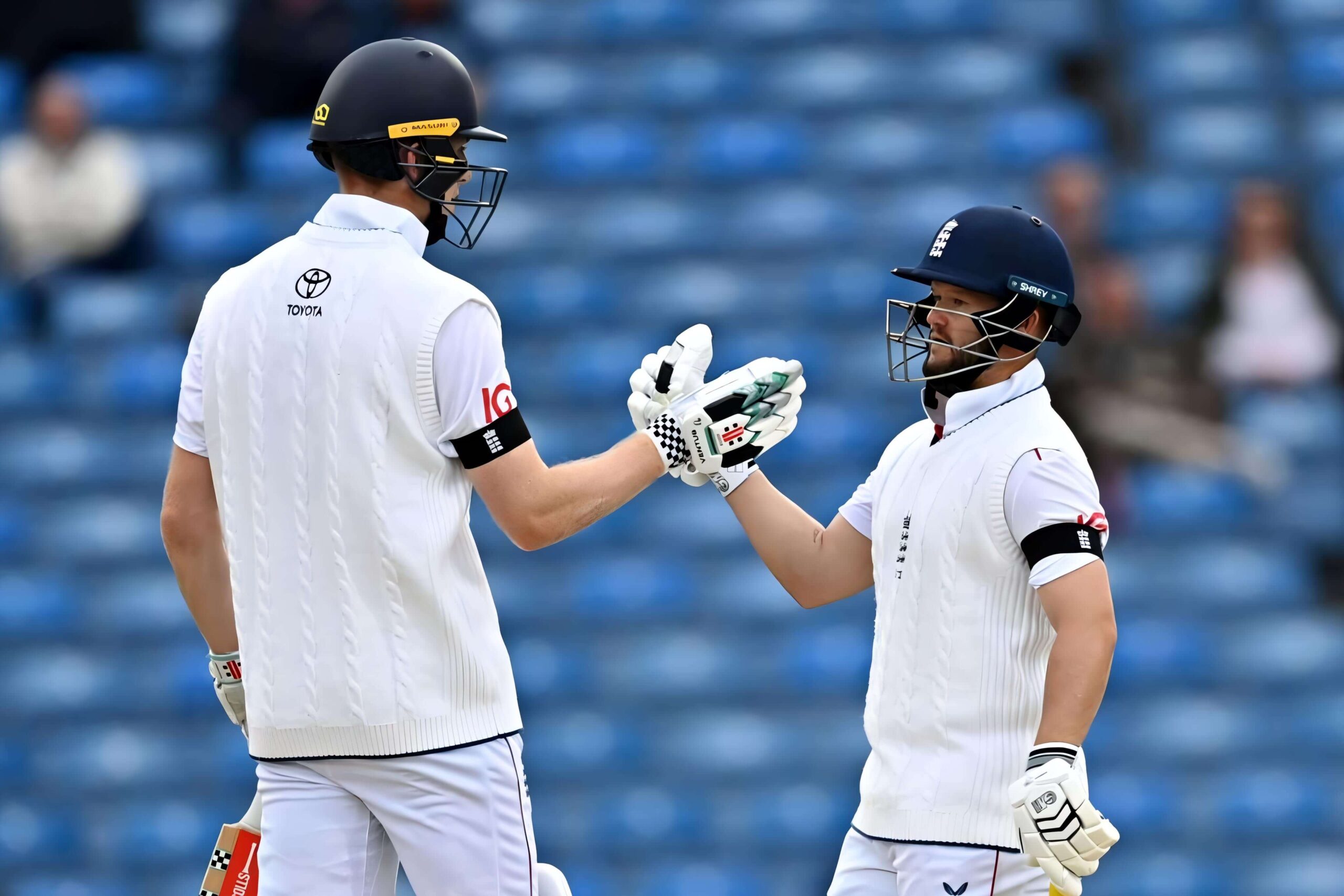Vaibhav Suryavanshi Age Fraud Triggers BCCI Action
The rise of young talents in Indian cricket is often celebrated, but it also brings with it controversies that challenge the sport’s integrity. One such case recently came into the spotlight as Rajasthan Royals’ IPL 2025 sensation Vaibhav Suryavanshi found himself in the eye of an age-fraud storm. Reacting swiftly, the Board of Control for Cricket in India (BCCI) has now introduced a new and stricter age-verification rule. Let’s break down the entire saga and the significant policy change that followed.
1. Who is Vaibhav Suryavanshi? A Rising Star with a Cloud of Controversy
Vaibhav Suryavanshi became a household name during IPL 2025 when he was signed by Rajasthan Royals for a staggering ₹1.1 crore. At the time of signing, it was declared that he was just 13 years and 288 days old, making him the youngest-ever player to receive an IPL contract.
His IPL debut turned heads — not just for his age — but also for his explosive left-handed batting. The youngster even smashed a record-breaking century, further boosting his public profile. However, with stardom came scrutiny.
—
2. Allegations of Age Fraud Surface After IPL Heroics
Soon after his century, a viral video emerged on social media that reportedly featured Vaibhav stating a different date of birth, sparking suspicion and reigniting age-fraud allegations.
This wasn’t the first time his age had been questioned. Concerns were previously raised during junior selections, especially because his physical build seemed older than his stated age.
Vaibhav Suryavanshi Smashes 190 in U19 Warm Up Ahead of England Tour
3. The Father’s Defence: “We Don’t Fear Anyone”
Reacting to the allegations, Vaibhav’s father, Sanjiv Suryavanshi, defended his son in a statement to PTI. He said:
> “When Vaibhav was 8 and a half years old, he first appeared for a BCCI bone test. He has already played India U-19. We don’t fear anyone. He can again undergo an age test.”
His confident tone attempted to shut down the controversy, but the damage had been done — public and media pressure was now mounting on the BCCI to act.
—
4. Age Fraud in Indian Cricket: A Recurring Concern
Over-age players dominating junior circuits have long been a problem in Indian cricket. Such incidents:
Rob genuinely eligible players of opportunities.
Skew competition.
Undermine the integrity of grassroots development.
The Vaibhav Suryavanshi case is merely the latest in a long list of such controversies. It served as a wake-up call, prompting the BCCI to rethink and revise its age-verification mechanisms.
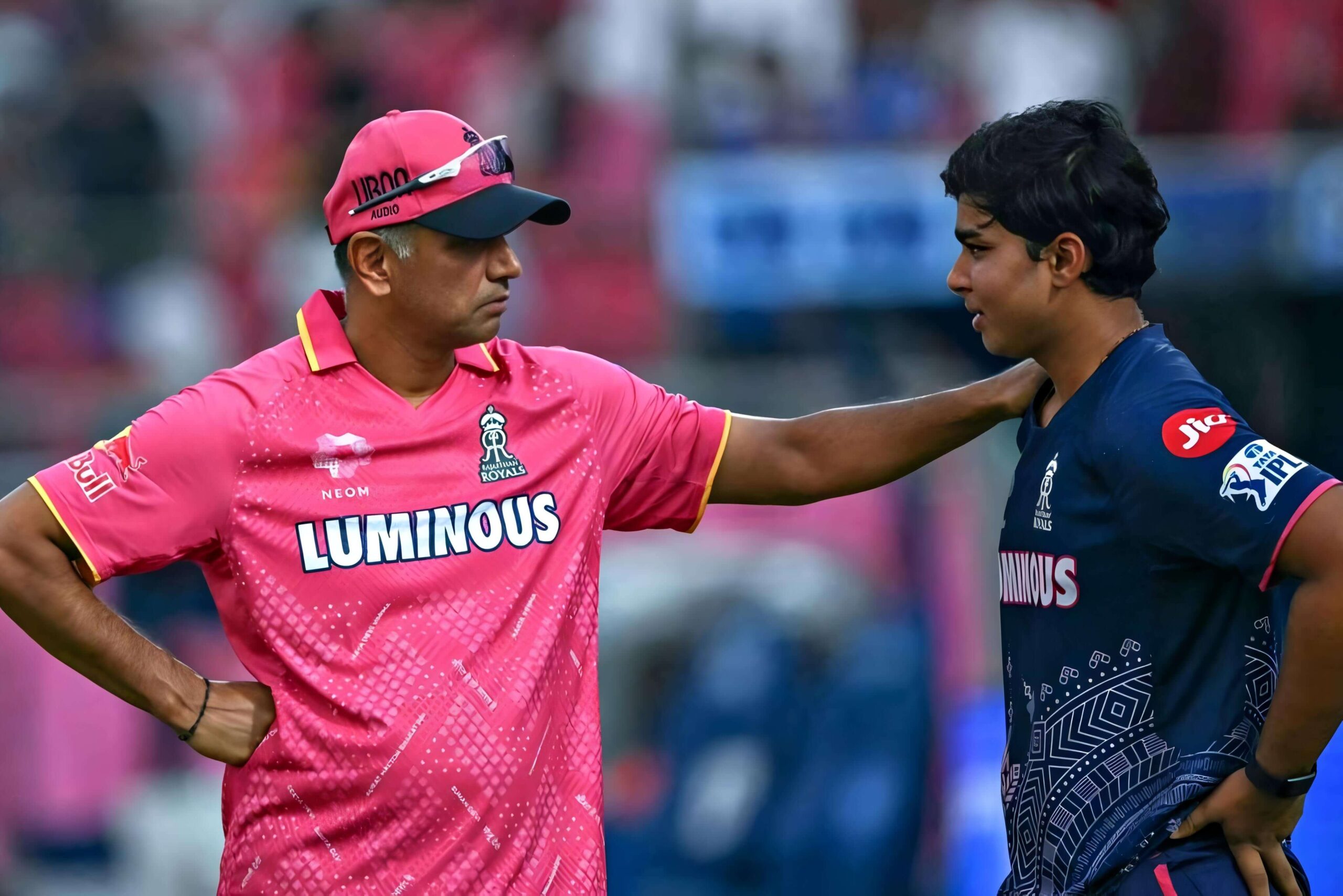
5. The Existing Bone Test System: What Was the Issue?
Until now, the BCCI relied on the TW3 (Tanner-Whitehouse) method to assess bone age. In practice:
A bone test is conducted to determine physiological age.
A ‘+1’ factor is added to that result to calculate eligibility.
While meant to accommodate natural variation, this ‘+1’ often resulted in players being ruled out by marginal errors, creating both frustration and loopholes for manipulation.
—
6. BCCI’s New Rule: Second Bone Test to Determine Accuracy
In response to this flawed approach, the BCCI has introduced a new rule — a second bone test in the following season for players at the U-16 level.
If a player was ruled ineligible due to the ‘1 factor’ in the initial test, the second test can override that and provide a more accurate, scientific verdict.
> “It is being done to have an exact age and make sure that no player loses due to arithmetical calculation rather than scientific calculation,” a BCCI source told PTI.
Vaibhav Suryavanshi Reflects on His Sensational Debut IPL Season
7. How the New Rule Changes Junior Cricket
Here’s what the rule changes:
Reduces dependence on mathematical assumptions (like the ‘1 factor’).
Introduces scientific revalidation of a player’s age.
Prevents genuine players from being penalized unfairly.
Deters players and guardians from manipulating age certificates.
It also sets a precedent for future reform in India’s age-group cricket, ensuring a fairer system for all.
—
8. What This Means for Players Like Vaibhav
While the BCCI hasn’t made any direct remarks about Vaibhav Suryavanshi’s case being the trigger, the timing suggests a strong correlation. Players like him will now need to:
Undergo multiple layers of verification.
Face increased scrutiny during selection.
Demonstrate consistency across age-related records (school, Aadhaar, sports associations).
It’s also a warning to others: misrepresenting age can derail careers, especially in the modern digital age where every record is traceable.
—
9. The Bigger Picture: Reclaiming Integrity in Junior Cricket
This policy shift is not just about one player — it’s a systemic response to a systemic problem. With lakhs of aspiring cricketers in India, the importance of a level playing field cannot be overstated.
The new rule:
Reinstates trust in the junior cricket system.
Encourages fair play.
Discourages unethical practices.
It’s a step forward in safeguarding the dreams of genuine, talented youngsters.
—
10. Conclusion: A Landmark Reform Sparked by Controversy
Vaibhav Suryavanshi may have made headlines for both his explosive batting and the age-fraud controversy, but his case has now indirectly helped trigger a much-needed reform in Indian cricket. By introducing a second bone test to ensure accurate eligibility, the BCCI has shown a commitment to fairness and scientific accuracy.
As junior cricket in India continues to evolve, this move could prove to be a milestone in protecting the future of the sport — ensuring only the truly deserving get the spotlight, regardless of noise or notoriety.
—
